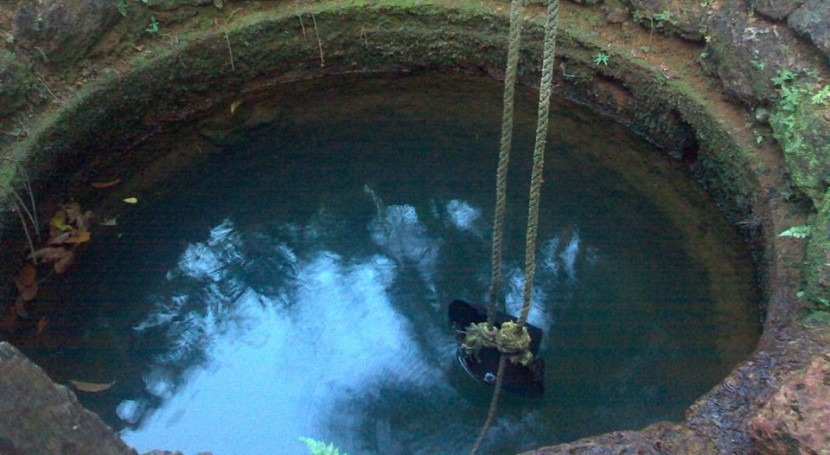
A new government report on groundwater contamination has raised serious concerns about India’s water security and public health. The study, conducted by the Central Ground Water Board (CGWB), reveals that large parts of the country are grappling with dangerously high levels of pollutants in their groundwater—posing risks to both rural and urban populations.
The report highlights that contaminants such as fluoride, arsenic, nitrate, iron, and heavy metals have been detected in samples from several states, often exceeding permissible limits set by the Bureau of Indian Standards (BIS). These pollutants are linked to long-term health issues, including skeletal deformities, cancer, neurological problems, and gastrointestinal diseases.
According to the findings, arsenic contamination continues to plague states like West Bengal, Bihar, Uttar Pradesh, and Assam. High fluoride concentrations have been recorded in Rajasthan, Telangana, and Andhra Pradesh, while industrial clusters in Gujarat, Punjab, and Maharashtra show rising levels of nitrate and heavy metals, often a result of unchecked industrial discharge and overuse of fertilizers.
Experts point out that groundwater, which accounts for nearly 65% of India’s irrigation and 85% of rural drinking water, is being depleted not only in quantity but also in quality. Urban centers face a dual challenge: rising demand and untreated sewage inflow into aquifers.
Key Highlights
Widespread presence of arsenic, fluoride, nitrate, and heavy metals.
Health risks ranging from cancer to skeletal deformities.
Agricultural practices and industrial pollution identified as major causes.
Rural communities are the most vulnerable to unsafe drinking water.
Experts warn of a looming water crisis unless urgent reforms are made.
Who Should Take Action – Specific Advice
The government must strengthen water testing infrastructure at the district level and enforce stricter norms for industrial effluent discharge. State agencies should prioritize groundwater recharge projects, while communities should be educated on rainwater harvesting and safe water practices. Immediate policy interventions are needed to safeguard public health and ensure sustainable access to clean water.
India Advocacy Insight
Groundwater contamination is no longer a hidden crisis—it is a national emergency. Unless India invests in sustainable water management, stricter regulation, and community-led conservation efforts, the country risks not only health disasters but also severe implications for agriculture and economic growth. At India Advocacy, we urge policymakers to treat this issue with the urgency it demands.
![]()



